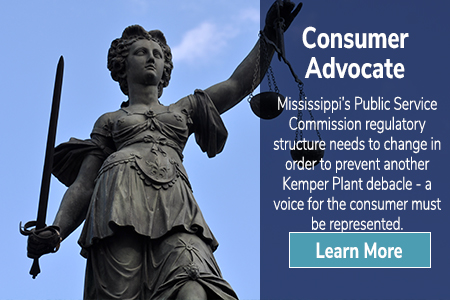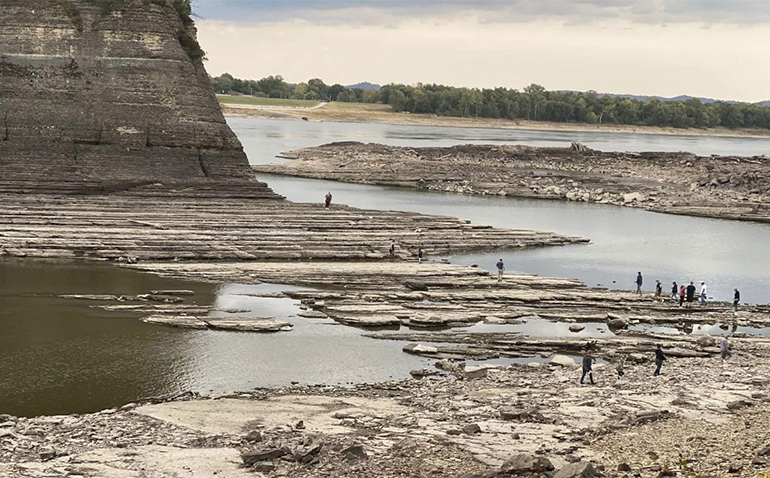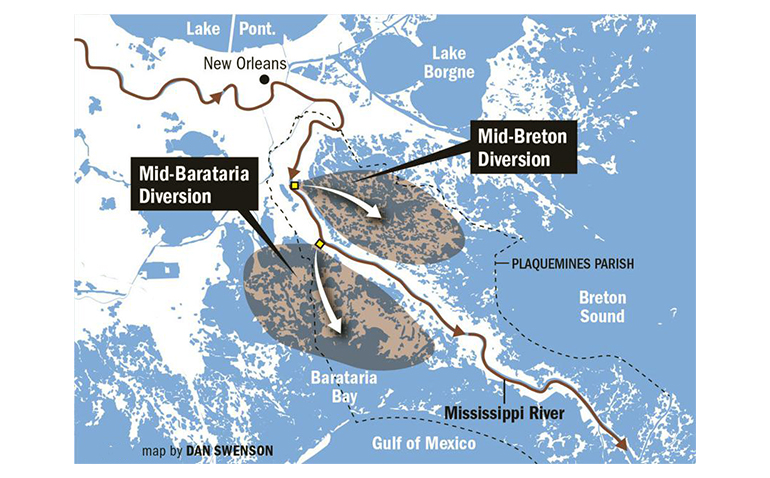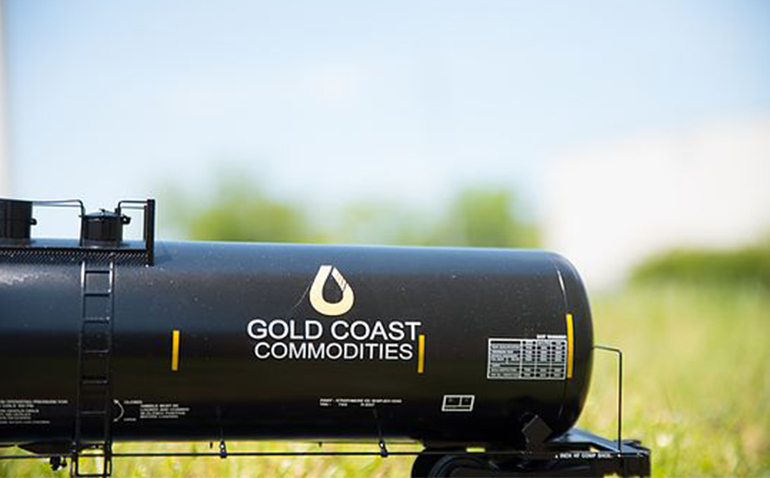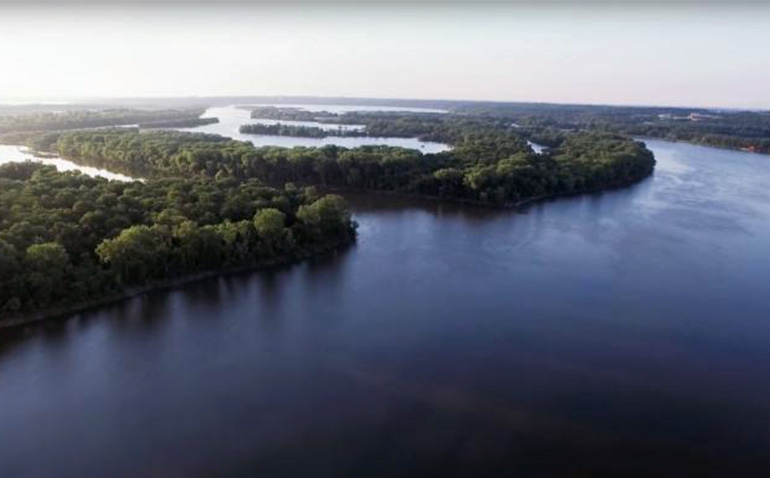Featured Work
Stuck in the Mud on the Mighty Mississippi
Barge shipping on the river, vital to the U.S. economy and especially for midwestern farmers, is grinding to slow motion. Extra costs are growing by the hour. The result will be an inflationary bump to food prices and probably other goods.
Too Many Beaks
A recent report from a competent professional engineer says this about our water system: “… the Jackson system is a ticking bomb poised to cause immeasurable harm to water customers. I have witnessed many water systems in the US and abroad that do not meet US EPA Safe Drinking Water Standards. This is one of the worst for a developed country. There are immediate concerns with the continued operation of the system as it is currently operated but it poses additional harm as microbial and viral contaminates enter the system due to lack of adequate maintenance.”
MS Sound’s Fisheries and Tourism Industries Threatened by Diversion Projects?
If you’ve driven south on I-55 to I-10 to get to New Orleans, you’ve driven over the Bonnet Carré Spillway. It’s a brief stretch of I-10 with railroad tracks on the right and Lake Ponchartrain on the left. Further to the right are levees holding back the Mississippi River. The Bonnet Carré Spillway was built in 1931 as a way to release high water into the Mississippi River that threatens flooding in New Orleans or elsewhere. It is now at the center of lawsuits and the BP Oil Spill money.
Gold Coast Commodities – Part 2
A wastewater sample that originated from a Brandon-based chemical plant and dumped into the city of Jackson’s sewer system exploded in the Mississippi Department of Environmental Quality’s laboratory in Pearl in 2017, according to a DEQ inspection report.
Gold Coast Commodities Sued by City of Brandon Over Corrosive Discharge
A Brandon-based manufacturer is being sued by the city of Brandon for damage to its sewer system caused by its corrosive discharge, which has also been dumped into Jackson’s sewer system.
WATER, WATER EVERYWHERE: Part 2
The batture lands along the river are a harbinger of a changing river that is less and less under control of the Army Corps of Engineers.



